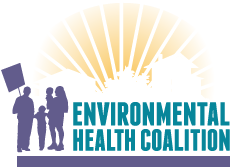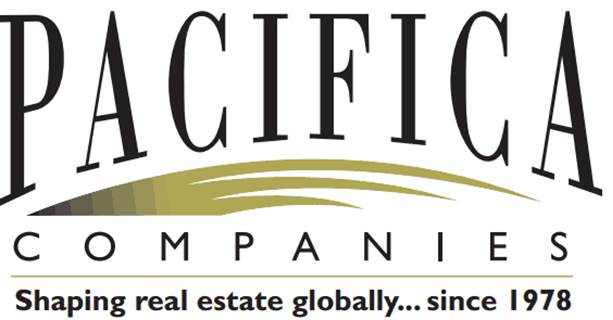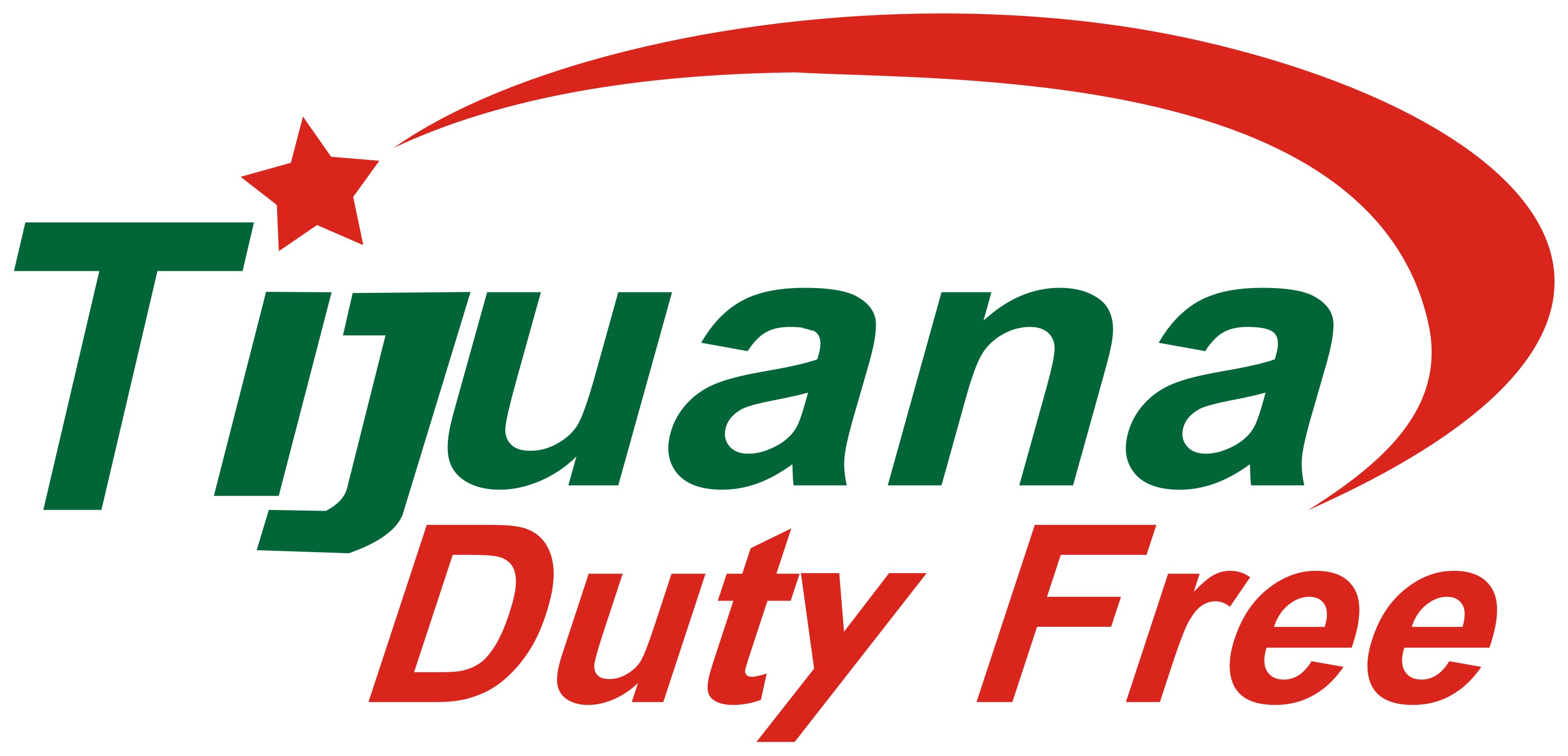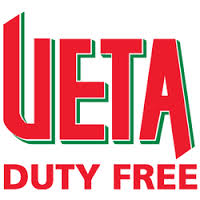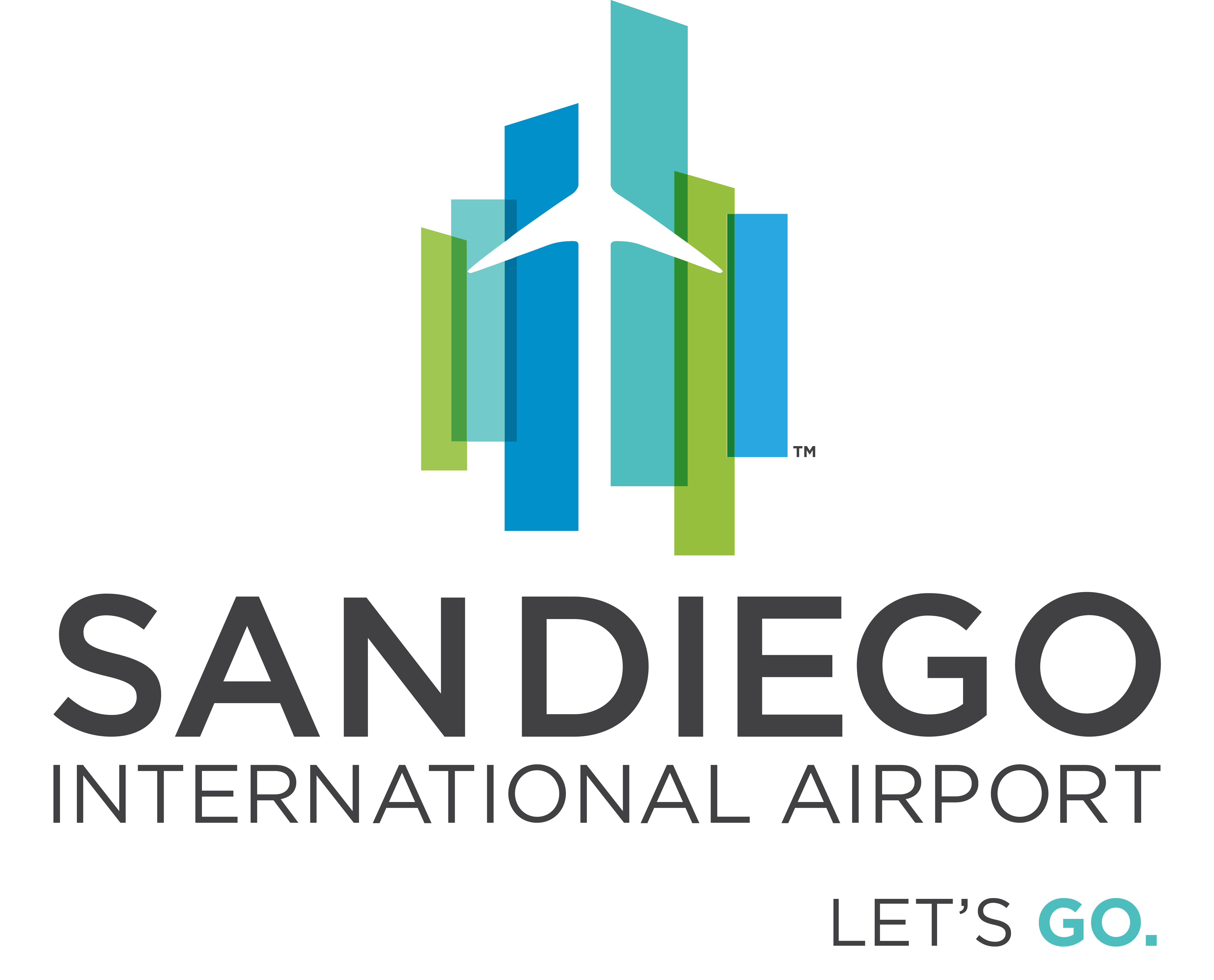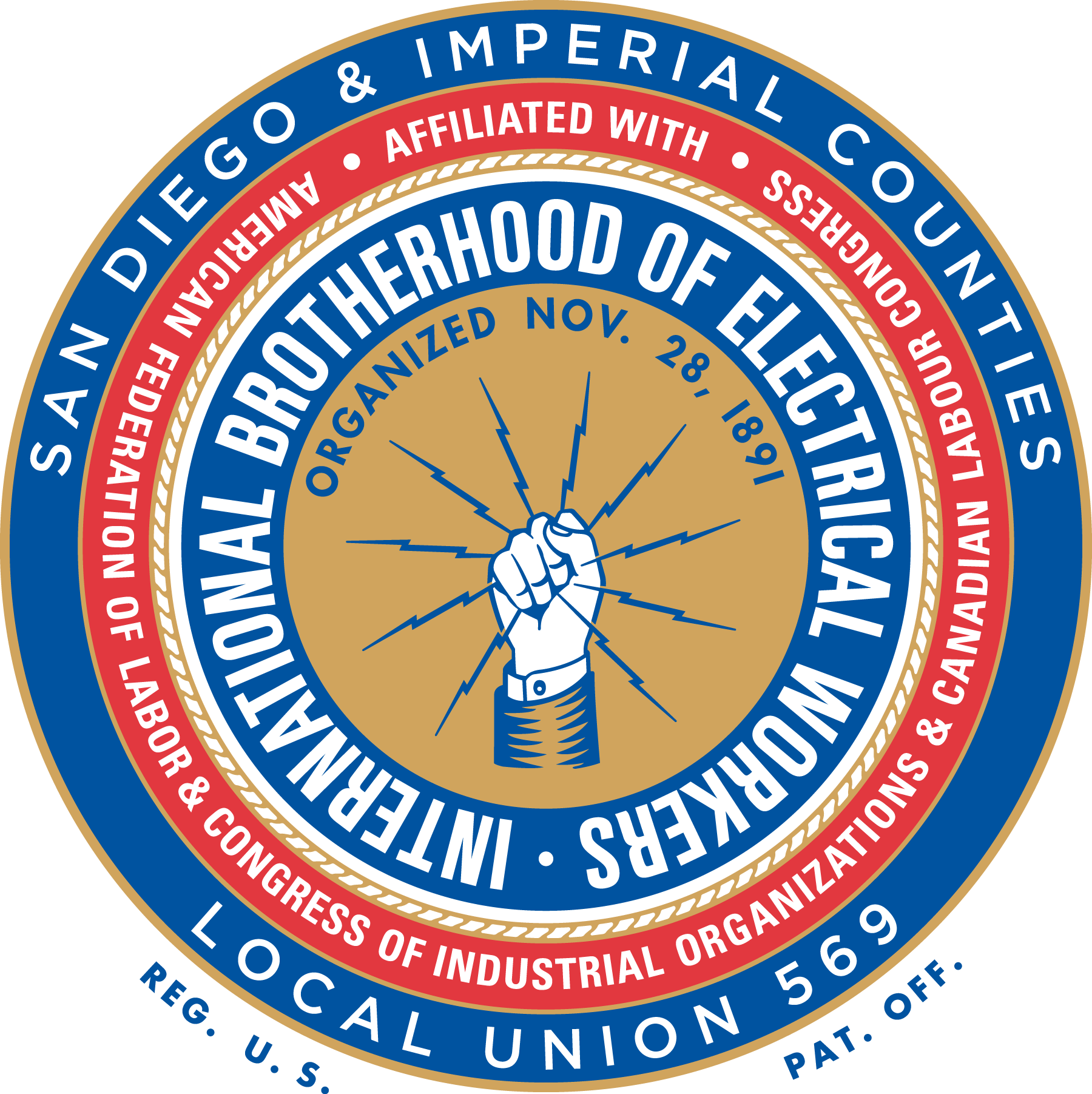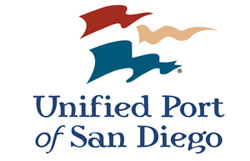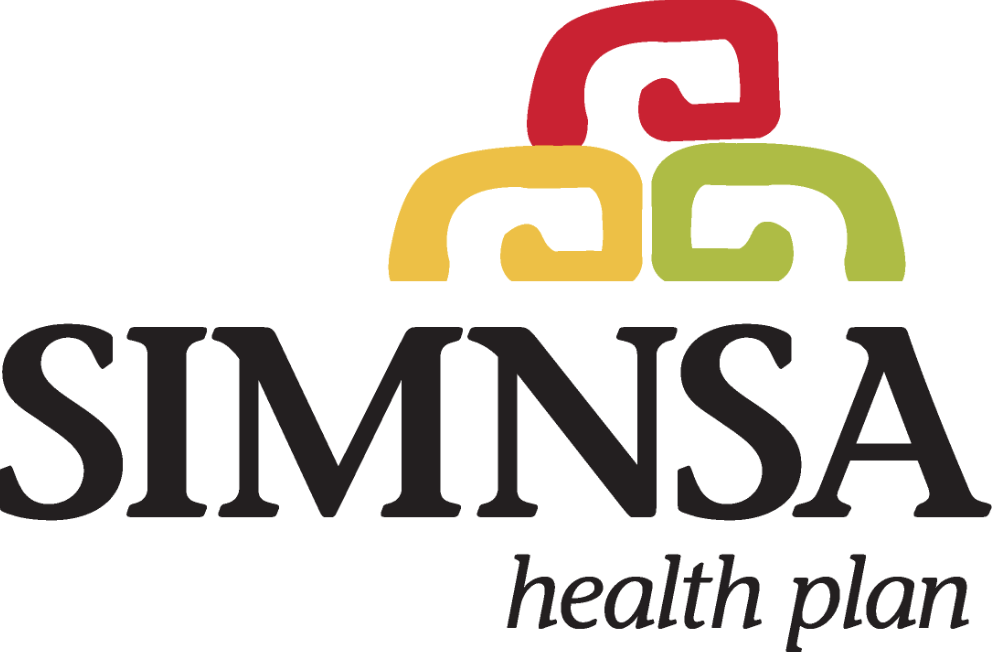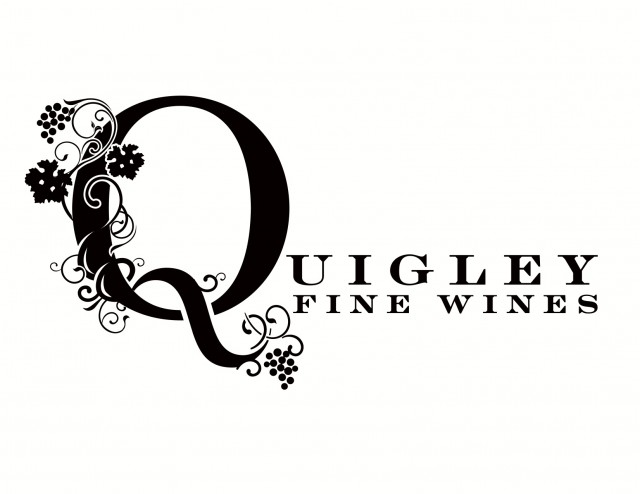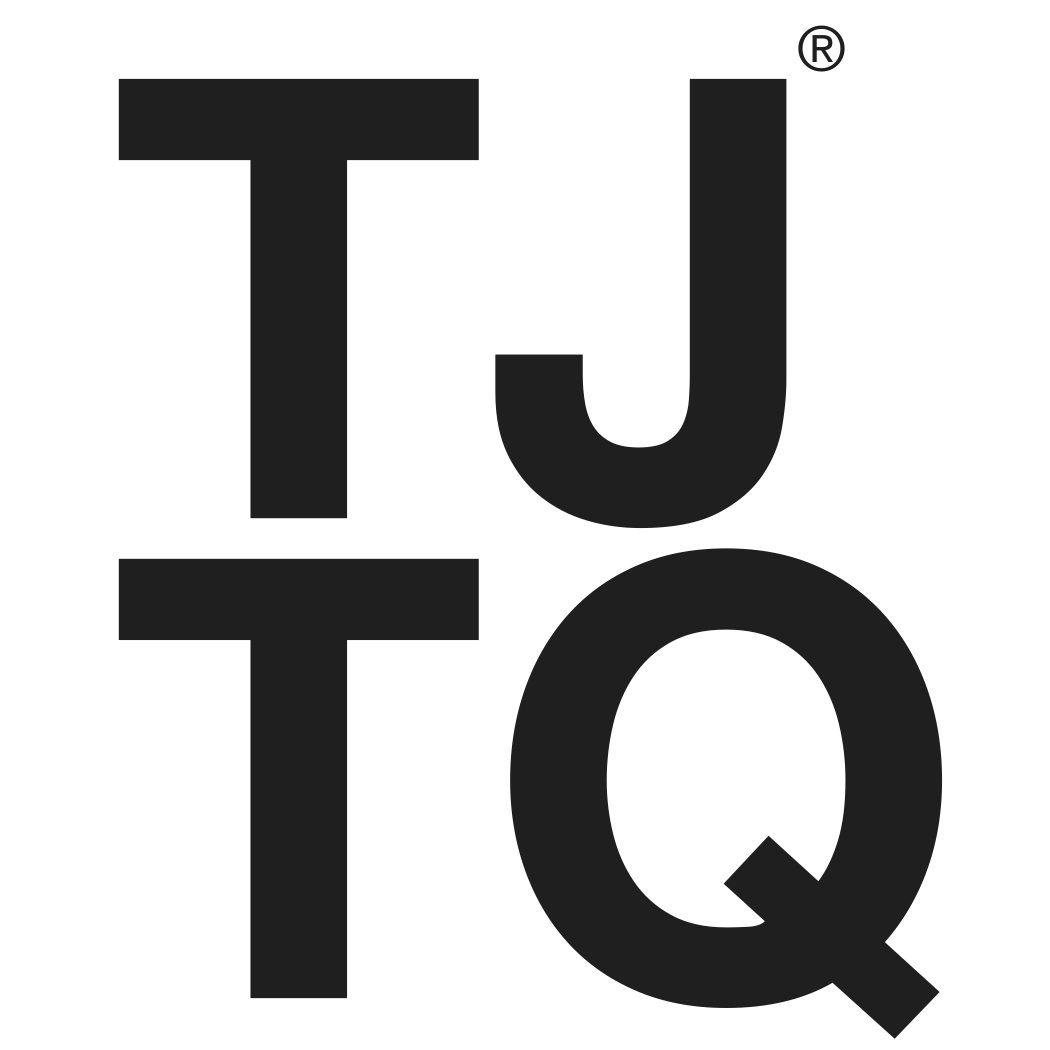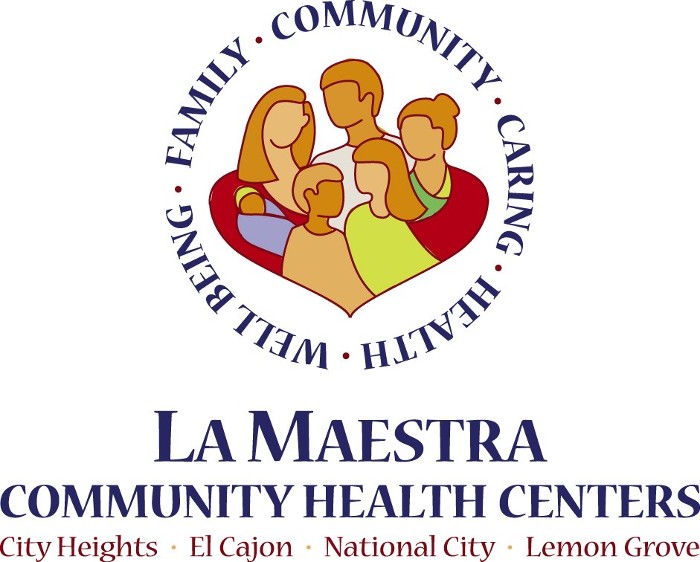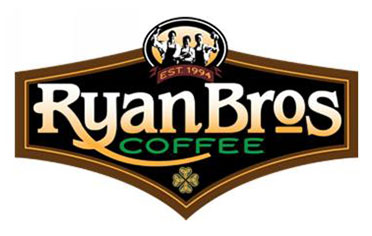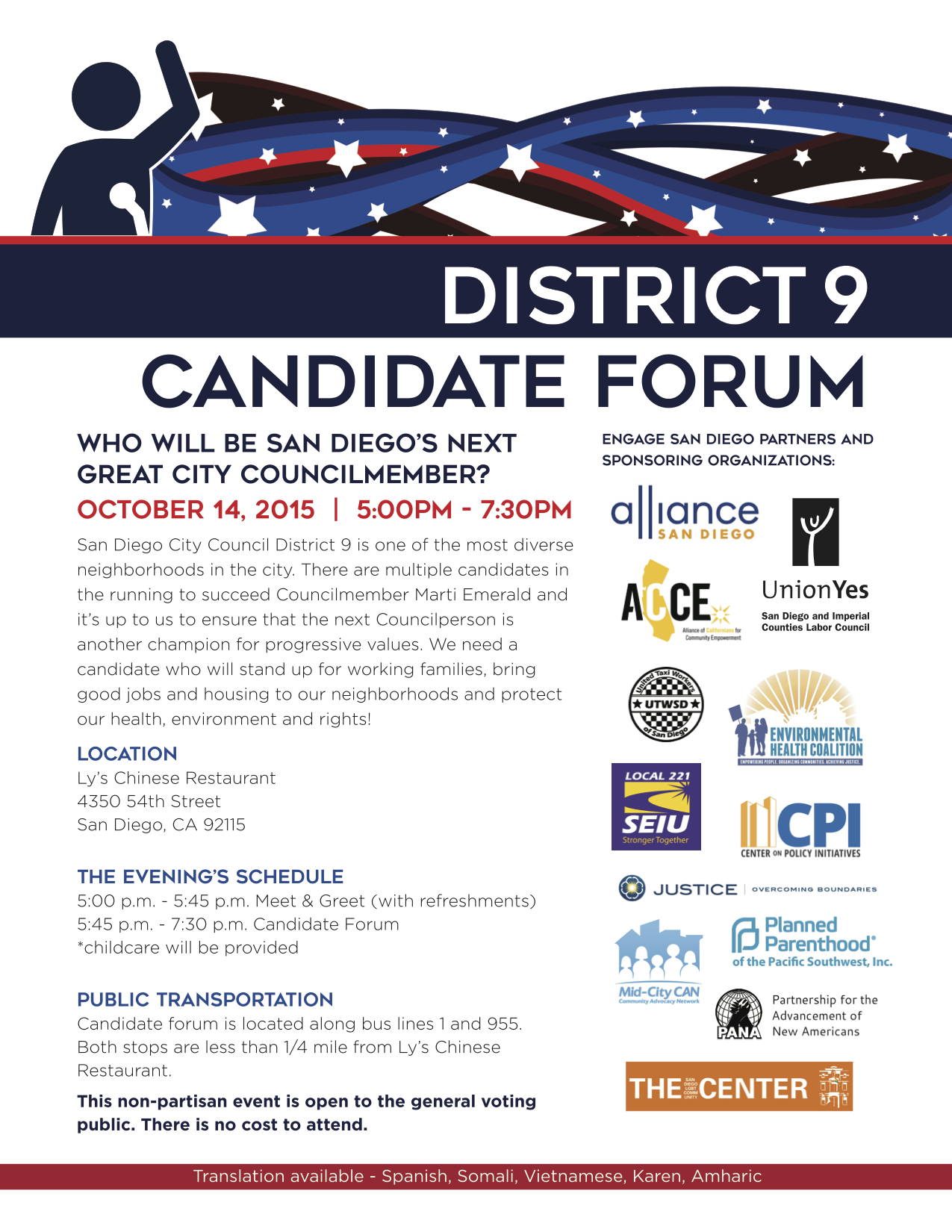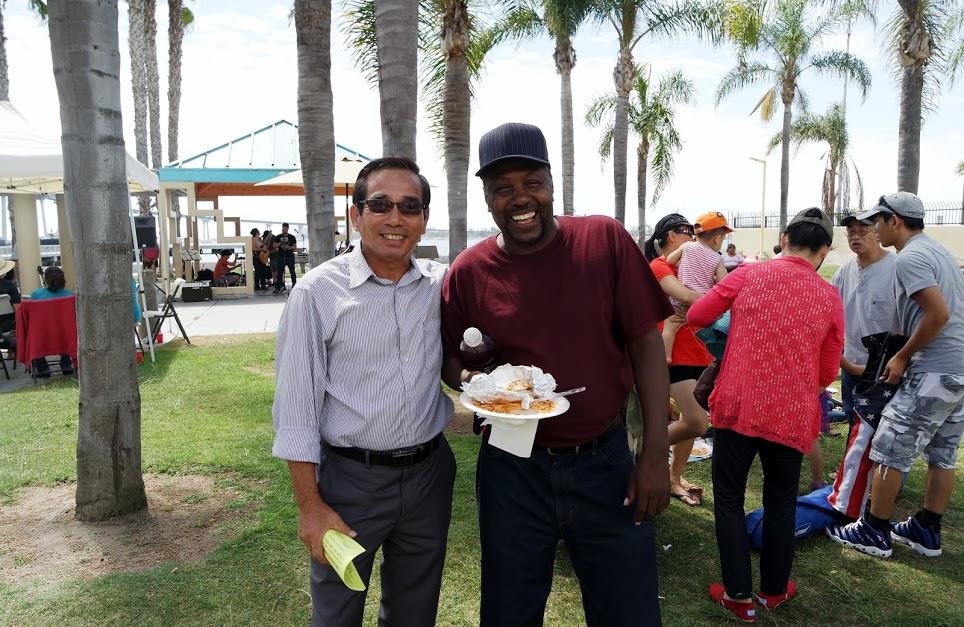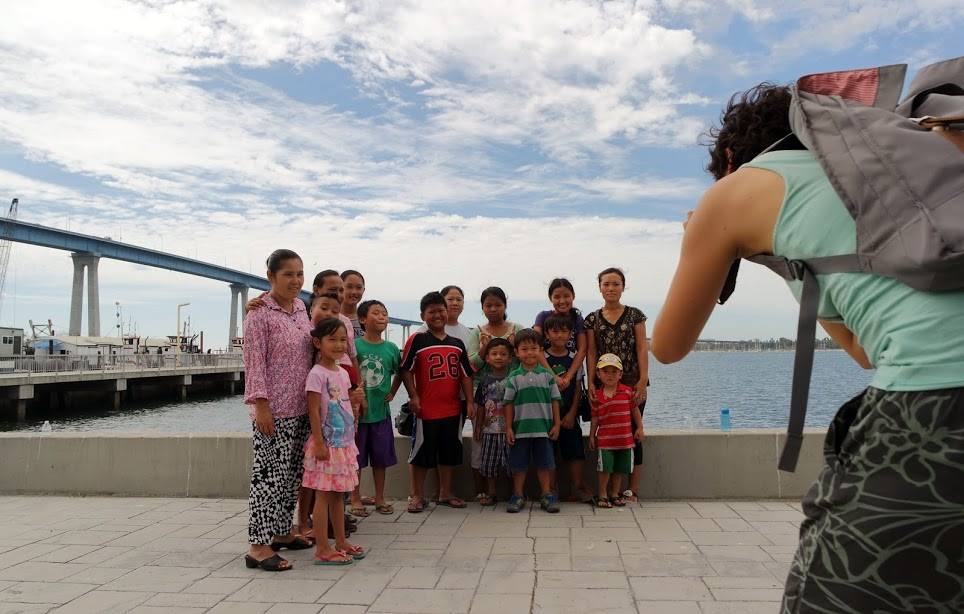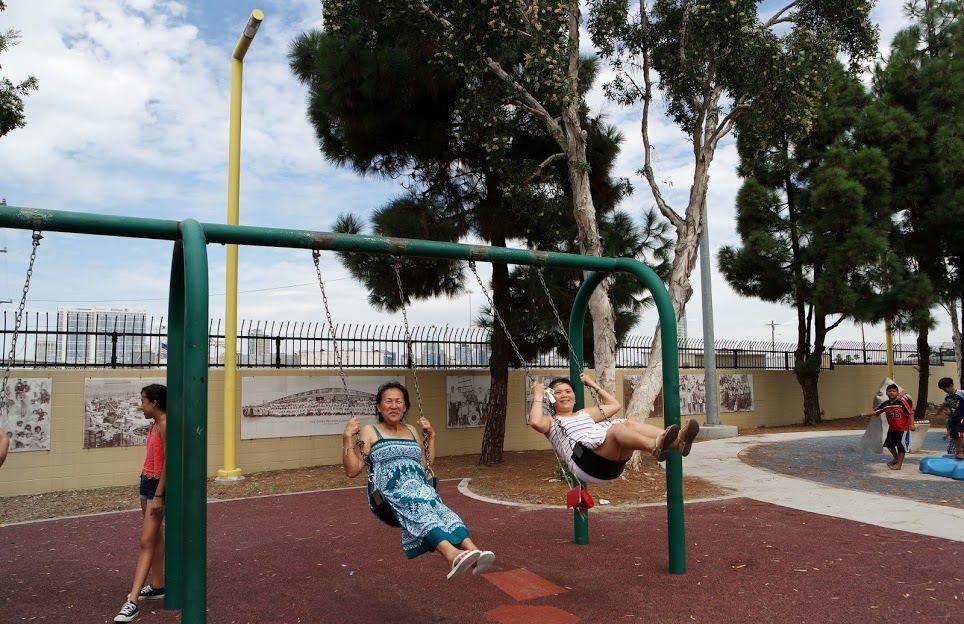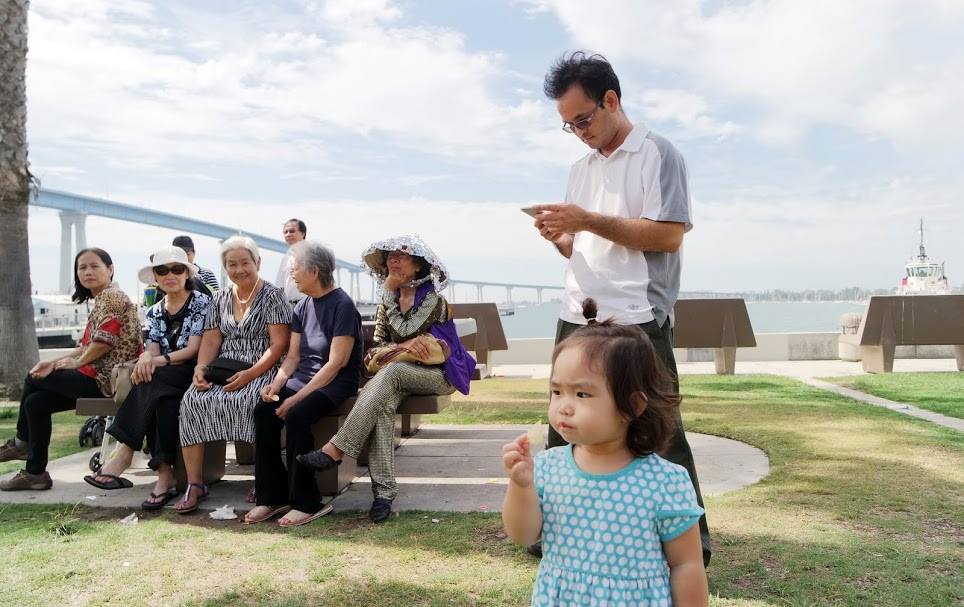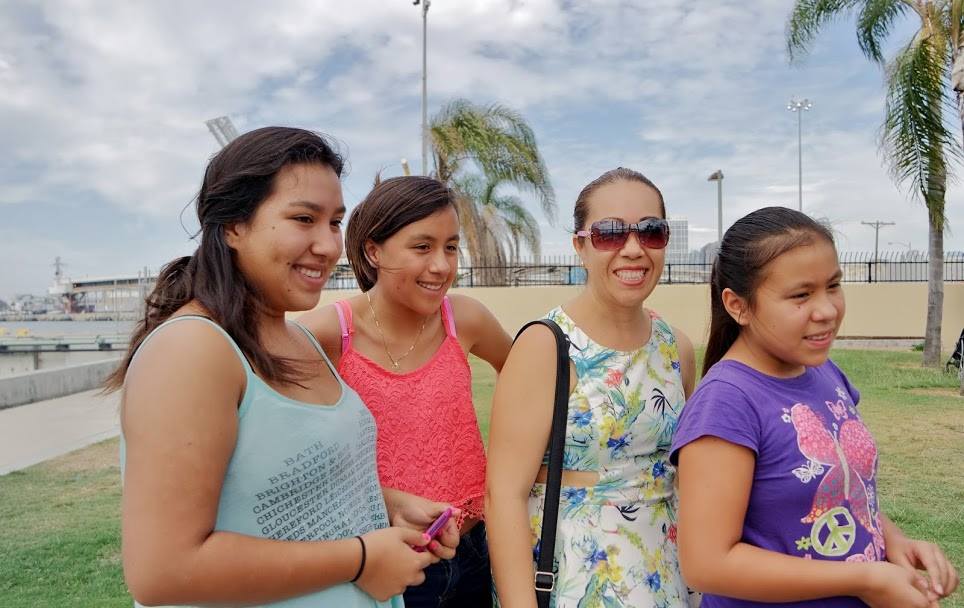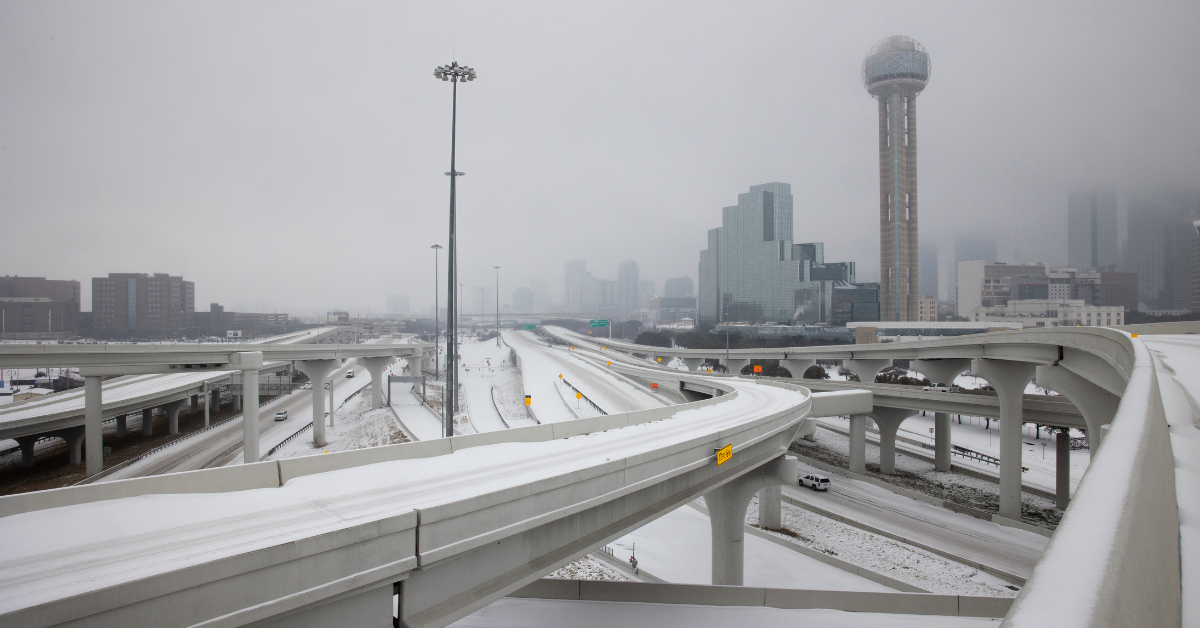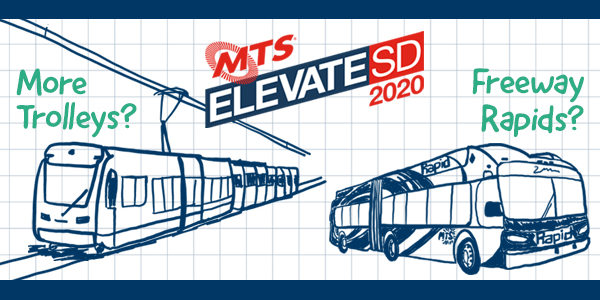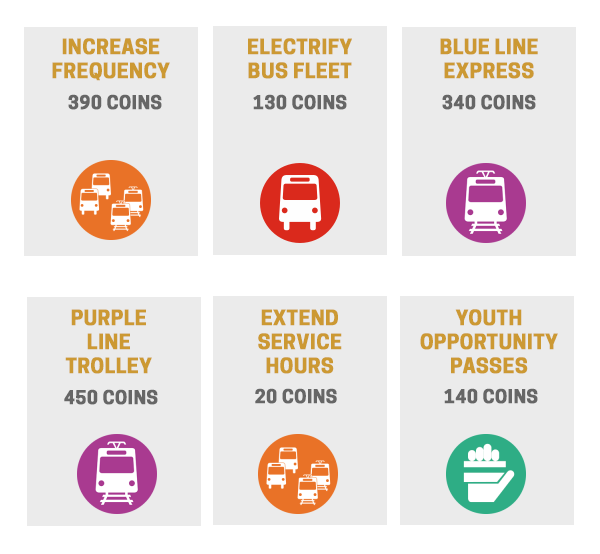On April 14, our Annual Awards Celebration, One People, Una Frontera, recognized the individuals and groups that have dedicated their lives to building a healthy, unified border region.
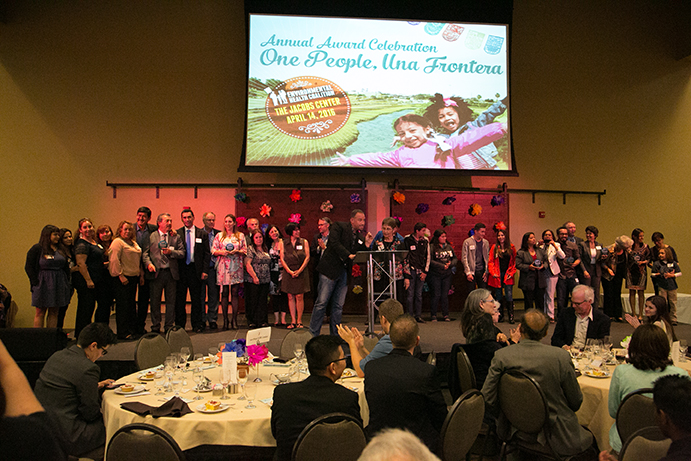
With a room full of people passionate about cross-border environmental justice, we celebrated One People, Una Frontera and EHC's 36th Anniversary with an uplifting night of inspiration, awards and friendship.

Elected officials and community leaders alike spent the evening celebrating the progress of our Border Environmental Justice Campaign and helping us award those spearheading cross-border efforts. These heroes include:
- Spirit of Justice Award
- These government agencies worked to confine more than 42-tons of lead-contaminated waste from a Tijuana battery plant. This award recognizes their leadership and steadfast commitment to the health and safety of our neighborhoods.
- SEMARNAT
- EPA Region 9
- Speaker Emeritus Toni Atkins: As the leader of the California Assembly, Speaker Atkins received a perfect score for environmental justice bills in 2015. Her own bills created seats on the California Air Resources Board for environmental justice representatives and directed new resources from penalties to be directed to impacted communities.
- These government agencies worked to confine more than 42-tons of lead-contaminated waste from a Tijuana battery plant. This award recognizes their leadership and steadfast commitment to the health and safety of our neighborhoods.
- Environmental Justice Champion Award
- From producing powerful documentaries to ensuring healthy development practices on the Alamar River, these awardees display unparalleled professional effort and commitment to equitable, balanced development in cross-border communities.
- The Rodriguez Griswold Family
- Vicky Funari and Sergio De La Torre
- Enrique Medina
- Ana Elena Espinoza
- Saúl Guzmán
- From producing powerful documentaries to ensuring healthy development practices on the Alamar River, these awardees display unparalleled professional effort and commitment to equitable, balanced development in cross-border communities.
- Healthy Neighborhoods/Barrios Saludables Awards
- These groups have offered opportunities for concerned Tijuana citizens to get involved in their communities. Their advocacy and organizing efforts have led to toxic site cleanups, preservation of declining natural space and a strengthened concept of environmental justice in the border region.
- Consejo Consultivo Para el Desarrollo Sustentable
- Tijuana Calidad de Vida
- Proyecto Fronterizo de Educación Ambiental
- CICEA Papalotzin
- Red de Ciudadanos para la Mejora de las Comunidades (RECIMEC)
- Colectivo Chilpancingo
- Jóvenes Pro Justica Ambiental
- Neighborhood leaders: 28 adults and youth were recognized for their outstanding civic engagement in the struggle for healthy neighborhoods.
- These groups have offered opportunities for concerned Tijuana citizens to get involved in their communities. Their advocacy and organizing efforts have led to toxic site cleanups, preservation of declining natural space and a strengthened concept of environmental justice in the border region.
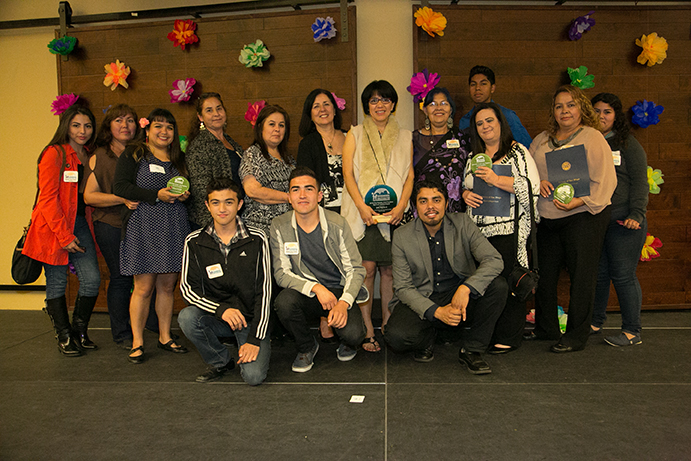
The celebration was highlighted by a video sharing the victories, challenges and vision for the future of the San Diego/Tijuana region.
Thank you to all of our generous sponsors, including our presenting sponsor, Pacifica Companies, for your support and leadership in merging two cultures into one unique way of life.
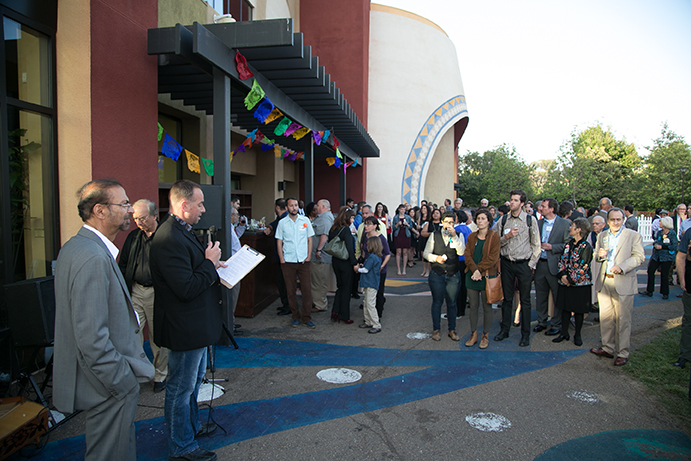
To everyone who attended, contributed and volunteered to make One People, Una Frontera a success, we can’t thank you enough. Because of your dedication, we are closer than ever before to creating a region where all people can live, work and play in a healthy and safe environment.
View more photos from the event on Facebook.
Thank you, and see you next year.
